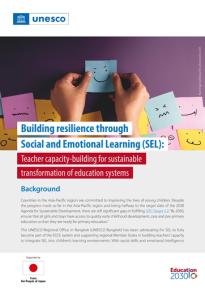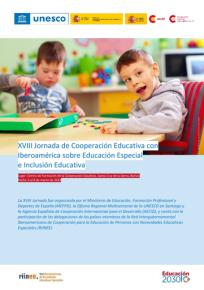Publication
Positive learning: how the education sector can meet the needs of learners living with HIV


In the past decade, the landscape for adolescents and young people living with HIV (AYPLHIV)1 has changed dramatically, with many advances in prevention and treatment options. However, when it comes to receiving timely diagnosis, accessing new prevention technologies and treatment, making the often difficult transition from paediatric to adult care, and dealing with ongoing stigma and discrimination based on not only their HIV status but a range of intersecting inequalities, adolescents and young people with HIV continue to face major challenges.
The education sector, both formal and informal, has a key role to play in supporting learners living with HIV to fulfil their right to education in a safe, supportive, inclusive and enabling learning environment, through the following:
• Providing them with the knowledge and skills they need to navigate their HIV status, advocate for their well-being, know their rights and build healthy and gender-equitable relationships
• Sensitising school managers, teachers, staff, students, parents/caregivers and other education providers in the community about the rights of learners living with HIV, including with respect to their choices and decisions around treatment and sharing information about their HIV status
• Delivering quality comprehensive sexuality education (CSE) that includes scientifically accurate information on HIV prevention, treatment, care and support, as well as covering knowledge, skills and attitudes on gender equality, sexual and reproductive health and rights, relationships, pleasure, diversity, inclusiveness and human rights
• Providing students with referrals and linkages to health and social protection services, including for gender-based violence, sexual and reproductive health, social welfare and psychosocial support, and linkages to HIV-specific support networks and community/youth-led services
• Ensuring safe, inclusive, healthy learning environments through policies to prevent and address all forms of violence and bullying, including stigma, discrimination and gender-based violence.
The recommendations in this briefing document build on the original Positive Learning publication developed in 2011 by UNESCO and the Global Network of People Living with HIV (GNP+). With significant changes in both the international education sector and the global HIV response over the past decade, it is now timely to update and ‘reboot’ Positive Learning to address the current daily realities for adolescents and young people living with HIV as they navigate issues such as sexuality, relationships, gender identity and expression, treatment access and adherence. This revised and updated version is the result of a partnership between UNESCO, GNP+ and the Global Network of Young People Living with HIV (Y+ Global).
The revision and updating process has been inclusive, multisectoral and youth-led, underpinned by the principle of the Greater Involvement of People Living with HIV/AIDS (GIPA). Based on a review and synthesis of evidence from the past decade on issues relevant to learners with HIV, Y+ Global undertook six regional consultations with young people living with HIV, young people from key populations and young people affected by HIV, to document their experiences in school and other learning environments and their proposals for improvement.
#EducationForHealth&Wellbeing









